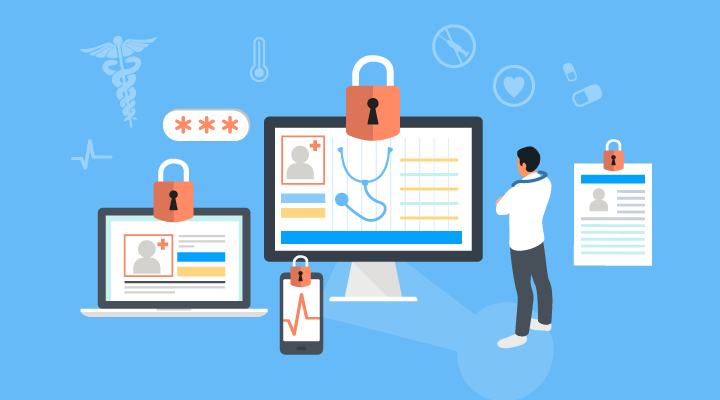Imagine a situation where Mr Gbenro can log into his phone to check his health summary through his Lagos University Teaching Hospital dashboard. He can also get notified about blood test results, appointment records and check his medical histories.
Also, his doctors and nurses can access his in- formation when needed. Gbenro can send out mes- sages to the hospital’s staff about some medical scare and get real-time clarification.
Smart hospitals are the future, and Nigerian medical healthcare professionals and their stakeholders need to understand that the lot and betterment of Nigerian healthcare delivery systems revolve around data and its management.
A report published by McKinsey indicates that hospitals can focus on to improve their delivery. They are artificial intelli- gence, robotics, precision medicine, 3-d printing, augmented and virtual reality, genomics, tele- medicine.
In Nigeria, we are al- ready seeing some private hospitals jumping into these spaces. However, public hospitals must em- ploy the resources to cap- ture these areas to enhance Nigeria’s general health- care system.
Questions whether harnessing sensitive personal information to improve healthcare in Nigeria won’t raise data privacy is critical. Elements of privacy should be at the heart of such projects. Most stake- holders miss the importance of data privacy and the positivity that data privacy brings to business processes.
Data privacy doesn’t stall improvement in any industry. Evidence shows that data privacy helps to engender trust in customers and build internationally recognised business environs.
The McKinsey report points out that there can be an increase in the qual- ity of medical healthcare if medical experts lean into the advantages of having a data ecosystem to help them improve their day-to- day input.
For example, a hospital that keeps the data of a child until adulthood can maintain a data trail of allergies, specific medical in- formation, and other medical emergencies. This particular hospital can quickly recommend or administer the proper treatment to this specific patient.
An individual did a hernia operation some years ago in a hospital in Surulere. When he travelled to another country, the pain developed again. The general physician asks him to provide information about the operation. Ac- cording to the hospital, they couldn’t give such de- tails because records were flood damaged.
Imagine if there was a digitised process to har- ness and save health information in their possession. The hospital would have easily ported such information to that patient.
The future of healthcare will belong to those who understand the importance of gathering health data correctly, securely analysing those data and coming up with new processes to attend to daily patients’ needs.
The Nigerian medical space is ripe for an extensive and technical stroll into utilising health information for creating quality healthcare services and preventing avoidable deaths and sicknesses.
Furthermore, the opportunities in harnessing healthcare data from a business perspective are increasing daily. McKinsey report noted that venture capital funding for digital health solutions has grown from $1bn in 2011 to over $8bn in 2018, which means the Nigerian public health- care system can improve healthcare and add to the Nigerian national purse at the same time.

